Danka and Ula
Sisters-in-law Danuta née Zioło Gawronek and Urszula née Gawronek Poczwa died within two weeks of each other, on Christmas Day last year, and 5 January 2024. They were connected by Pani Ula’s younger brother, Zdzisław, Pani Danka’s late ex-husband.
_______________
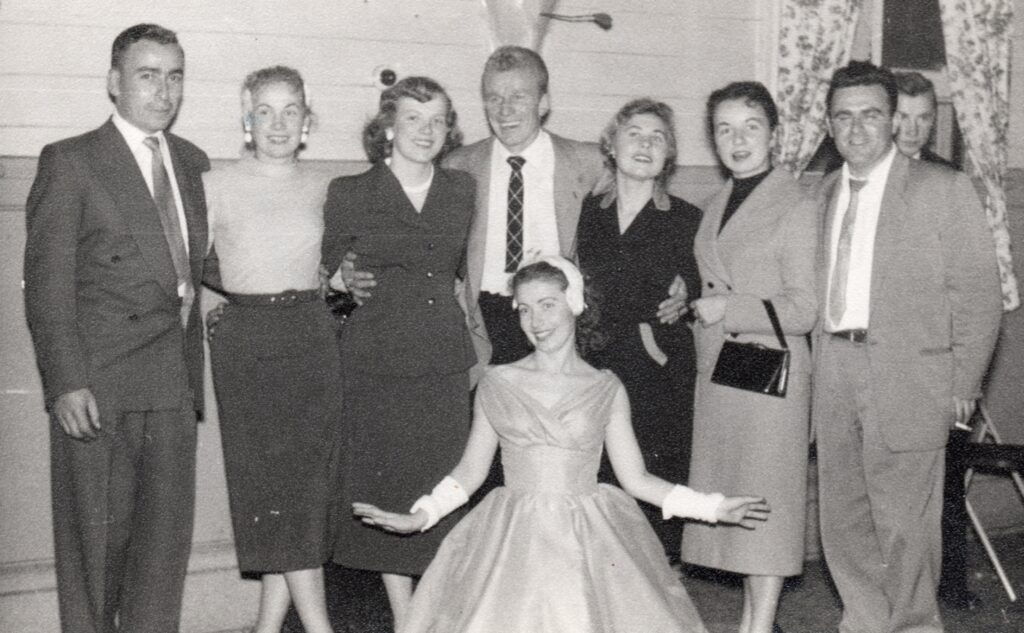
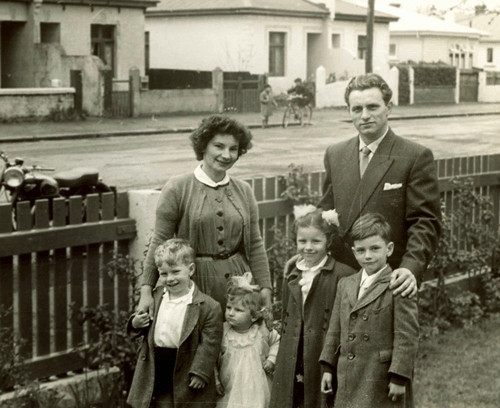
_______________
In every conversation I have that leads to a story on this website, I am aware that there are hundreds—thousands—of similar stories that do not get told, so each one is special. When someone dies, I struggle to go back to the original story to change the present into the past, so I hope that acknowledging them here will buy me some time.
Pani Ula was born in 1926, Pani Danka in 1934. On 17 September 1939, the Soviet Red Army rolled into eastern Poland, where both families had farms, Pani Ula’s near then-Brześć nad Bugiem and Pani Danka’s about 300 kilometres farther south near then-Tarnopol. Soviet soldiers woke both families in the early hours of 10 February 1940—along with around 200,000 other Polish mainly rural civilians—corralled them onto cattle-wagons, and took them to forced-labour facilities in the then-USSR.
Pani Ula’s family was imprisoned in one of the most northern of the Russian facilities in arctic Archangielsk; Pani Danka’s train travelled east, over the Urals and into Siberia.
Survival became an uneasy balance: when the train stopped, Pani Danka’s mother used to get off to beg for food—the soldiers had told them to pack the minimal for a ‘holiday.’ She continued to beg in the Soviet soldiers’ dining room at the forced-labour facility, and was occasionally thrown some bread. It did not prevent her baby, born months after they arrived, from dying of starvation.
Hunger, too, dominated Pani Ula’s existence. At 13, she was still too young to join the labour gangs, but became a shrewd beggar. In winter, she crossed the Dwina river and charmed the long-term Russian prisoners on the other side into giving her food to take back.
Nothing ever seemed to faze Pani Ula, despite the sorrows she had that began when her beloved mother died in an accident when she was eight: Pani Ula’s description: “She went from being a schoolgirl with rich parents to doing everything on the farm, and had three of us. … she was very practical, never scared to do anything. Probably, I’m a lot like her—good or bad, I just go forward.”
Poles in Wellington still remember the Kowhai delicatessen that Pani Ula ran from 1964 to 1979 in Main Road, Upper Hutt. She was unimpressed that in 1964, New Zealand law did not allow her to sign her own business papers, but did not let it stop her. She was determined to pay for her children’s education, and did so.
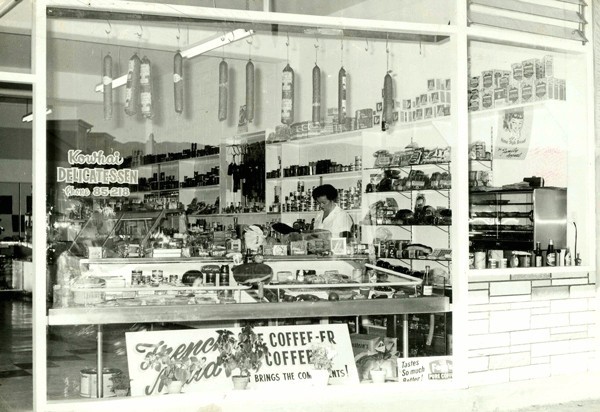
Both women had strong and special relationships with their siblings. Pani Ula’s with her older “gentle” sister, Celina, and her brother, six years her junior. Their bond was forged through living with a less than loving stepmother before WW2 upturned their lives further.
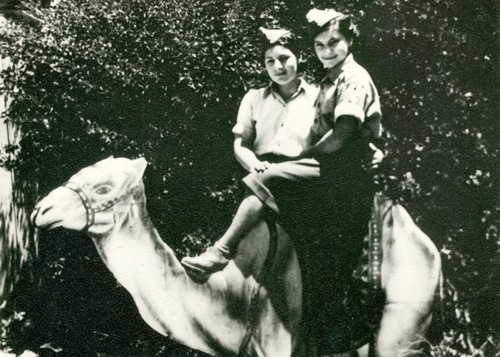
Pani Ula and Celina, who were taken in by the Polish army’s military cadet school in Egypt, and their father, Michał, who served with the II Polish Army Corps in Italy, settled in New Zealand through Zdzisław, who arrived in 1944 with 837 other Polish refugees.
Pani Danka’s saviour was her elder brother, Tadeusz Zioło, who cared for her and their younger sister, Alina, after their parents both died soon after escaping the USSR with the Polish army in 1942.
I have just re-read the story I wrote about the Zoiło siblings, sub-headed Surviving Paradise, and again noted the number of times that things could have gone so badly differently for the trio. There was the time the train in the USSR left without their mother. There was the time when their father decided to enrol Ted into the Polish army’s military cadet school, but the contingent left without him. There was the time the hospital in Pahlevi ‘lost’ the ill sisters.
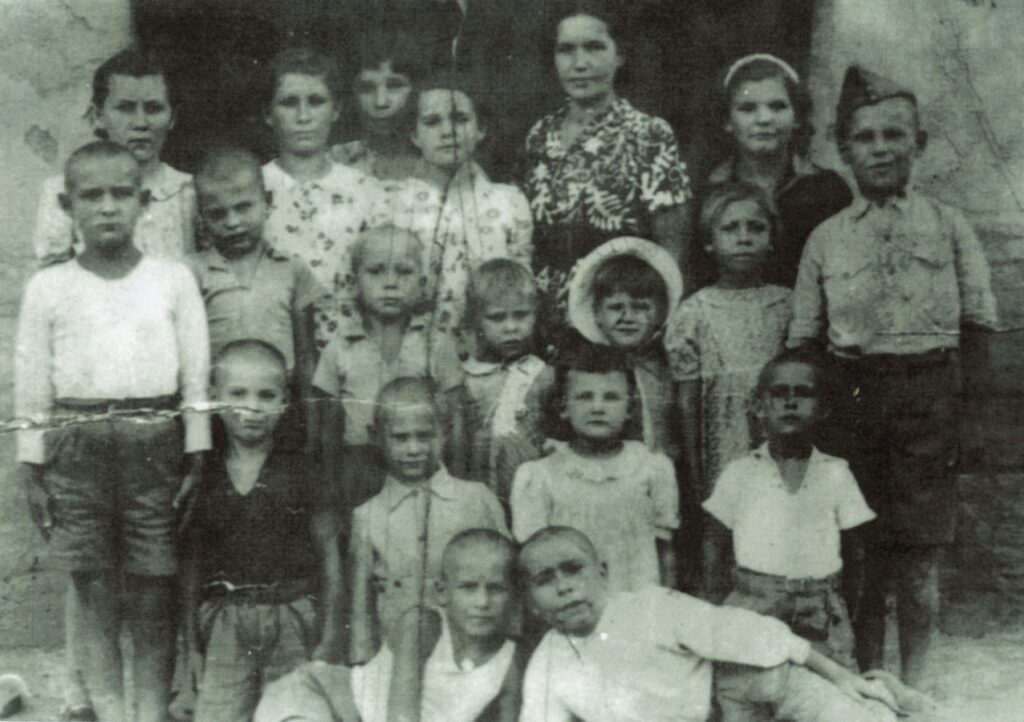
In my introduction to the Zioło story, I mentioned that interviewing Tadeusz, Danka, and Alina together was both a joy and a challenge trying to keep up with the sibling chatter, but that there was no doubt of their shared love for one another, their camaraderie, and their absolute pleasure in one another’s company.
Pani Ula’s brother, Zdzisław Poczwa, died in 2001, and her sister, Celina Polaczuk, in 2009. Tadeusz Zioło died on 1 January 2020.
—Basia Scrivens
30 January 2024
_______________
To read more about Pani Ula’s journey to New Zealand, go to: https://polishhistorynewzealand.org/urszula-poczwa/
To read more about Tadeusz, Danuta and Alina Zioło, go to https://polishhistorynewzealand.org/the-ziolo-siblings/
If you would like to comment on this post, or any other story, please email editor@polishhistorynewzealand.org/
